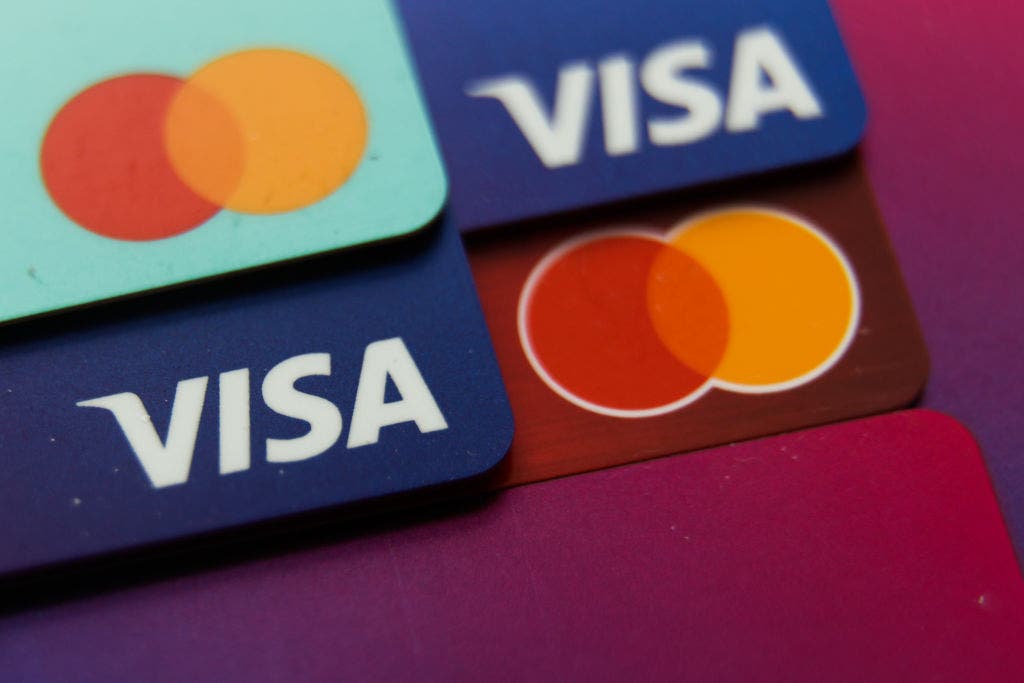A growing trend among credit card companies is steering customers towards digital statements, backed by a newly introduced fee for those opting to continue receiving traditional paper statements. Major credit providers, particularly Synchrony Bank, are implementing charges around $1.99 monthly to customers who prefer physical copies. Synchrony Bank is heavily involved in this shift, managing co-branded and store-affiliated credit cards for more than 100 retail partners, including prominent brands like Sam’s Club, Lowe’s, and Amazon. Citibank has also adopted this strategy, mandating users to go paperless if they wish to access their accounts through either their website or mobile application. This seismic change reflects a broader movement towards digitization in the financial sector, despite the absence of any legal prohibition on paper statements.
The financial impacts of the shift are reverberating through the consumer landscape, especially for those who closely monitor their expenditures. Reports indicate that individuals and families grappling with tight budgets are finding these new fees particularly burdensome. Alicia Galowitsch, a user impacted by the fee, expressed her frustration, highlighting the financial strain that continues to escalate as her family struggles to keep up with rising costs. For many, the transition to digital is not merely a matter of convenience; it poses significant challenges to maintaining financial organization. Many consumers rely on paper statements for ease of tracking payments, making it difficult to adapt to a wholly digital format. This dilemma underscores the necessity of physical documentation for some, particularly in instances where one partner may be less engaged with financial management.
Moreover, there are substantial concerns regarding digital security and access, especially among populations not well-versed in technology. Business professor Elaine Luther from Point Park University points out that while online banking offers many perks, it also raises significant security issues. This concern is compounded for individuals who might not have reliable internet access or those who simply feel uncomfortable navigating digital banking platforms. A lack of digital literacy can lead to increased vulnerability to scams and fraud, further complicating financial management in an increasingly online world.
The reaction from consumers has been decidedly mixed, with many taking to platforms such as Reddit to voice their discontent. Some have openly expressed intentions to close accounts with companies that implement these fees. The move towards paperless billing by companies like Paypal, which announced a fee of $2.50 for those not using e-statements, has triggered users to reconsider their long-standing relationships with financial institutions. This shift suggests that consumers are becoming more aware and perhaps more opinionated about the policies of the credit companies they engage with, indicating a potential backlash against such practices.
Furthermore, this change can be viewed through the lens of broader socio-economic factors influencing consumer behavior. For instance, WalletHub conducted an analysis of Black Friday deals from large retailers, correlating spending patterns with credit card usage. As families are faced with rising living costs, even small fees can add up significantly, leading to detrimental consequences for those already facing financial strain. The tension between traditional practices and modern digital mandates becomes increasingly pronounced as credit card companies continue to innovate their service offerings while expecting consumer compliance without much leeway.
In conclusion, the implementation of fees for paper statements serves as a critical reflection of the shifting dynamics within the credit card industry and consumer behavior. As companies prioritize digital transformation to improve operational efficiencies, they risk alienating portions of their customer base who either lack the means or desire to transition from paper to digital. The subsequent financial penalties serve as a reminder that while advancement in technology can be beneficial, it comes with its own set of challenges that individuals must navigate. Ultimately, as consumers increasingly assert their needs and preferences, credit card companies may need to reconsider their approaches to ensure equitable access and foster customer loyalty amidst these sweeping changes.

